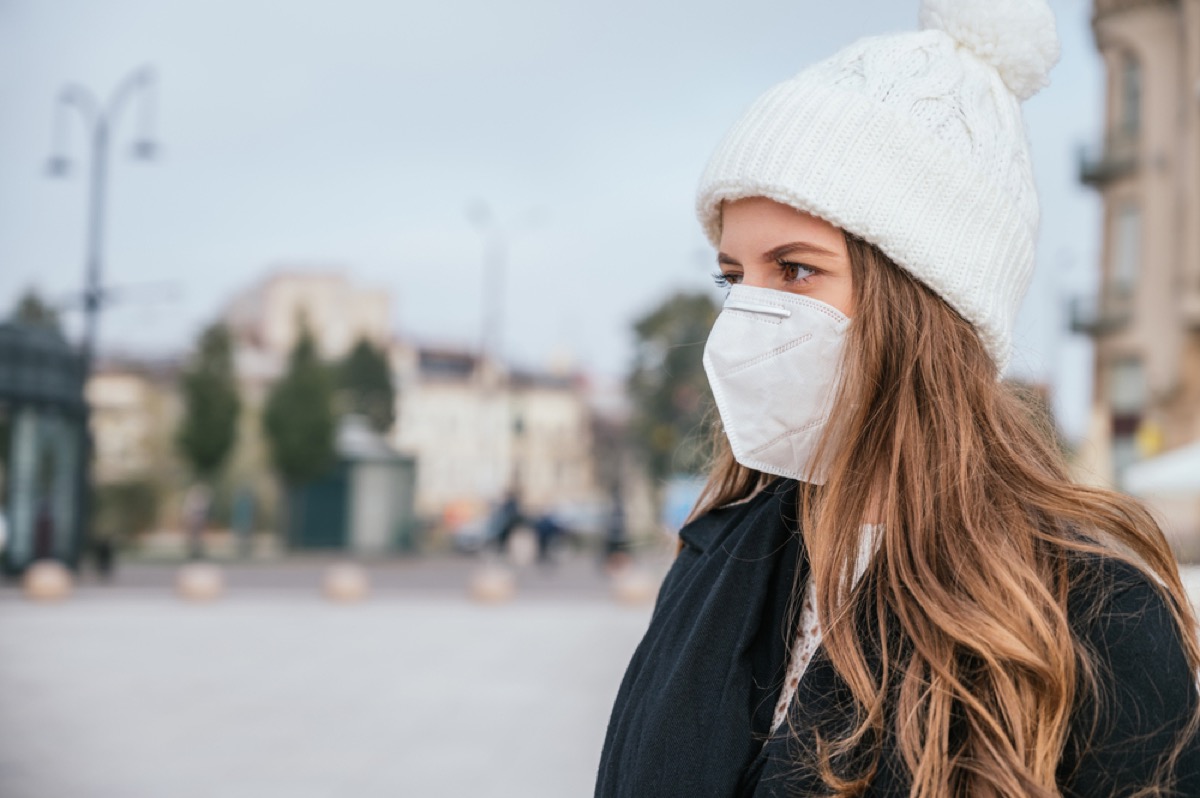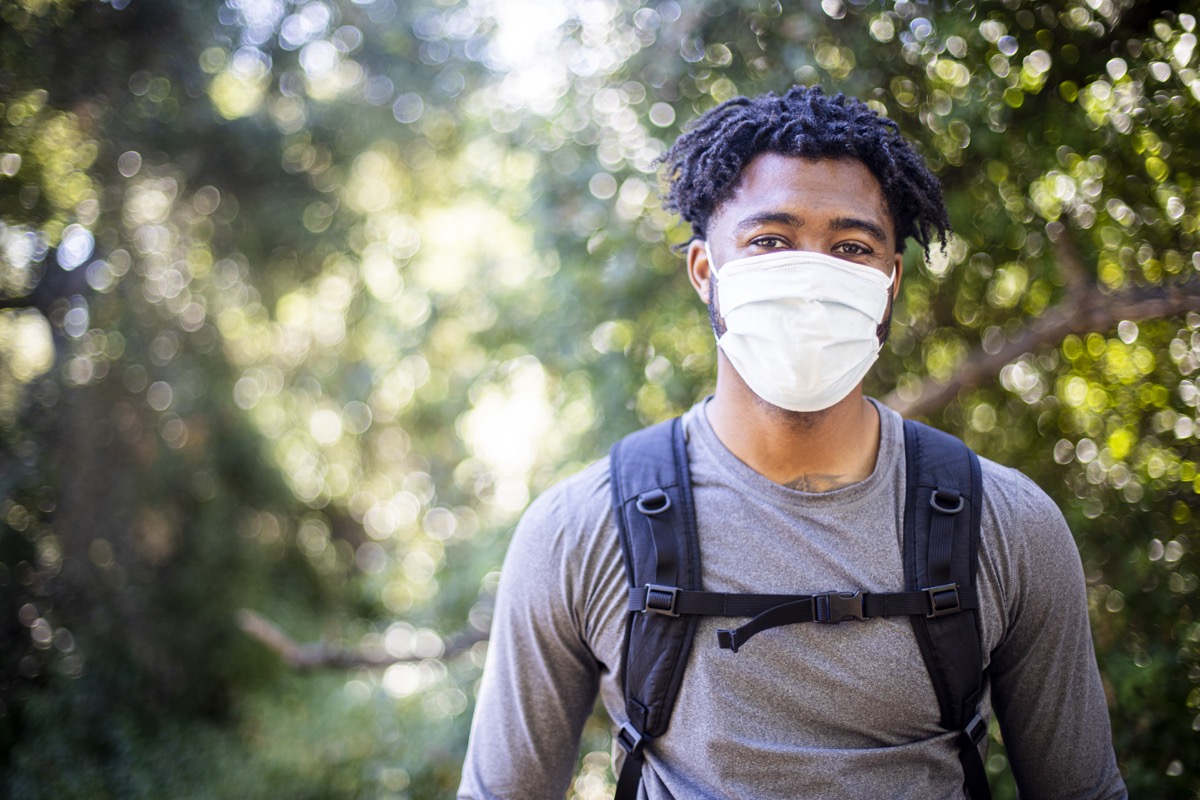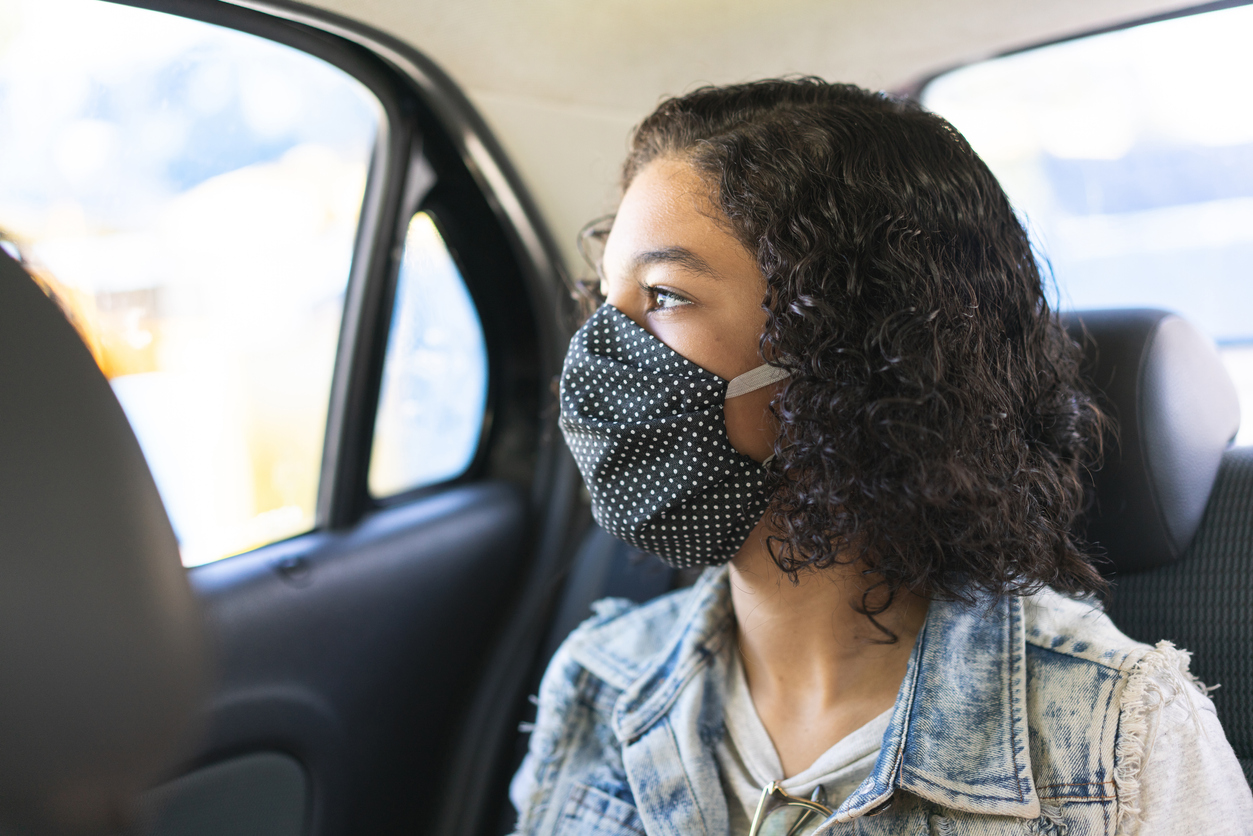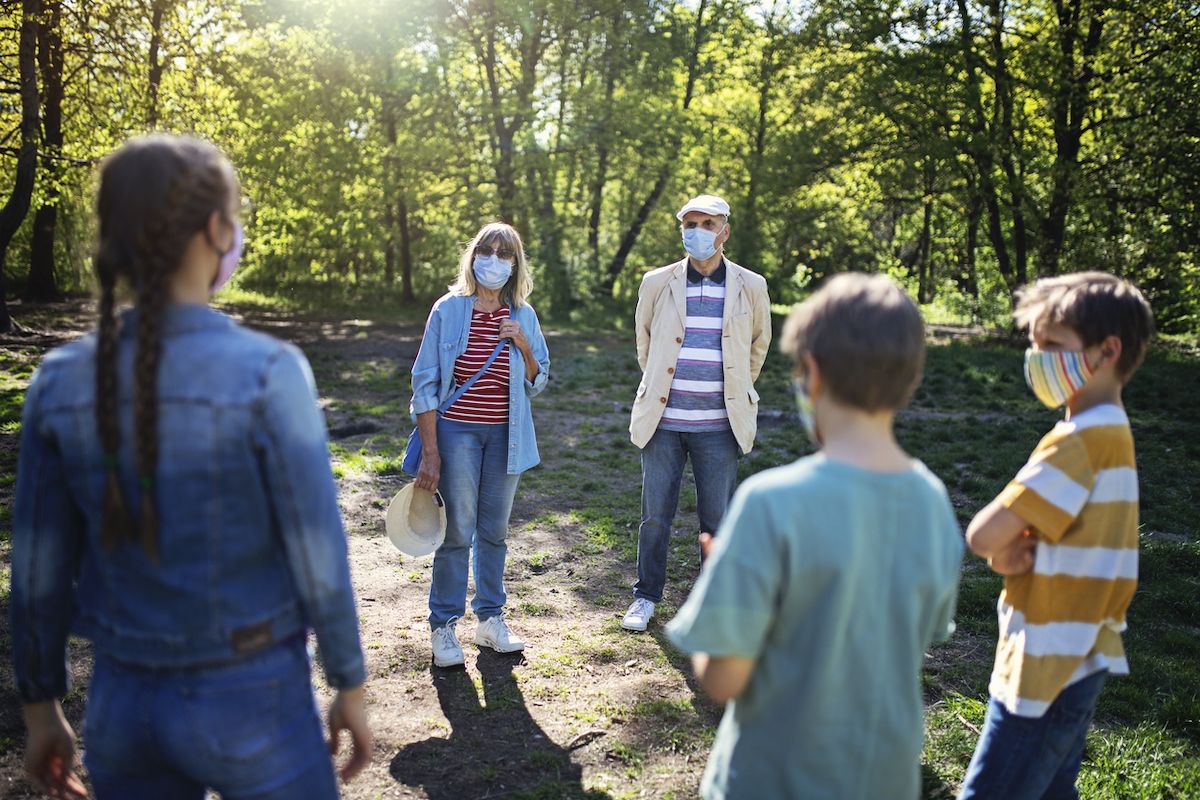The January Public Health England (PHE) study—referred to as the SIREN study—found that those with immunity from antibodies may still be able to carry the virus in their nose and throat. These people would then be capable of infecting others with COVID despite the antibodies keeping them safe from getting sick themselves. According to a statement from the researchers, some people with naturally acquired immunity “carry high levels of virus and could continue to transmit the virus to others.” “If you believe you already had the disease and are protected, you can be reassured it is highly unlikely you will develop severe infections, but there is still a risk that you could acquire an infection and transmit to others,” the researchers said. “Now more than ever, it is vital we all stay at home to protect our health service and save lives.” Eleanor Riley, PhD, a professor of immunology and infectious disease at Edinburgh University, told Reuters the study reinforces “the message that, for the time being, everyone is a potential source of infection for others and should behave accordingly.” And for more up-to-date information, sign up for our daily newsletter. According to the study, some level of immunity to COVID is afforded for at least five months after having the virus. This protection is not full, meaning there’s a small chance you could get sick again within those five months. The researchers said they will continue to study naturally acquired COVID immunity to see if it lasts even longer than five months. They warn that if the immunity doesn’t extend past five months, “people who contracted the disease in the first wave may now be vulnerable to catching it again.” And for more on the future of the pandemic, The Moderna CEO Just Made This Scary Prediction About COVID. The study found that “naturally acquired immunity as a result of past infections provides 83 percent protection against reinfection, compared to people who have not had the disease before.” This immunity is just under the 94-95 percent protection the recent vaccines provide. “We now know that most of those who have had the virus, and developed antibodies, are protected from reinfection, but this is not total and we do not yet know how long protection lasts,” study lead Susan Hopkins, senior medical advisor at PHE, said in the statement.ae0fcc31ae342fd3a1346ebb1f342fcb To get to this number, researchers studied 6,614 COVID patients between June 18 and Nov. 24 and found 44 potential reinfections. While two of the reinfections were “probable,” the other 42 were only “possible.” The two patients who had “probable” reinfections said their symptoms were less severe than the first time around. And for more on slowing the spread of coronavirus, This COVID Protection Measure Is “Not Working,” Doctor Warns. In light of the study, it’s even more essential for those who have immunity to the virus to continue taking necessary safety precautions to ensure they don’t infect others. It is “crucial that everyone continues to follow the rules and stays at home, even if they have previously had COVID-19, to prevent spreading the virus to others,” the researchers concluded. “Remember to wash hands regularly, wear face coverings, and make space from others to help reduce the likelihood of passing on the virus.” And for more ways to stay healthy, Doing This to Your Mask Could Keep You Even Safer From COVID, Experts Say.



